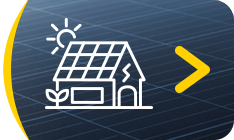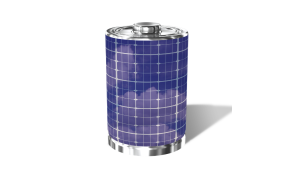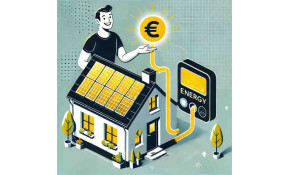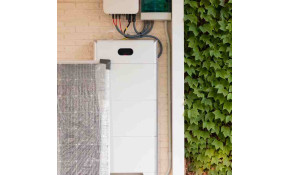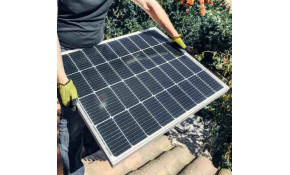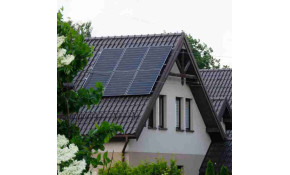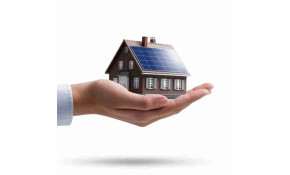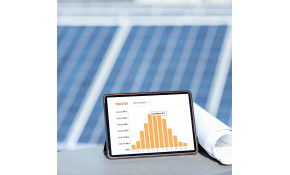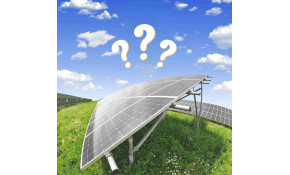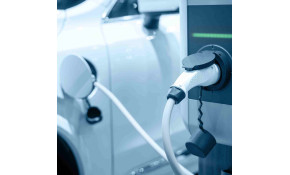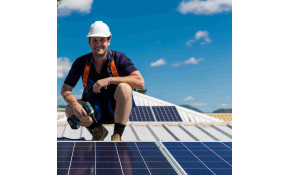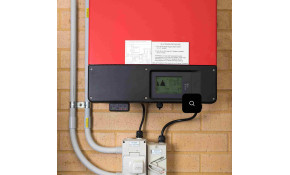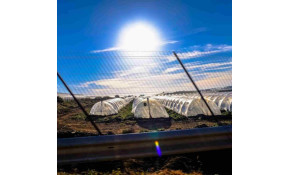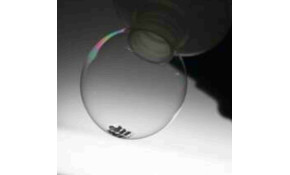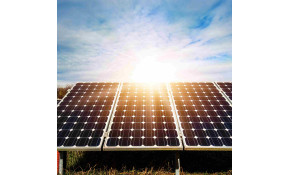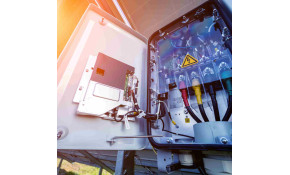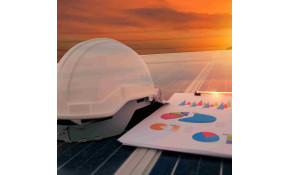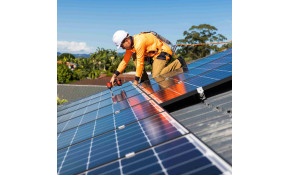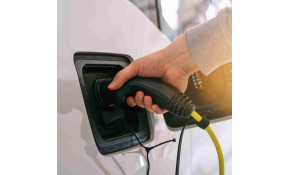Comparison: Solar Battery or Virtual Photovoltaic Storage?
What if you could consume your own solar energy... without installing a...
Read moreVirtual battery solar panels: how can you avoid wasting energy?
Découvrez comment la batterie virtuelle d’Alma Solar vous permet de valoriser...
Read moreInverter or microinverter: what choice should you make for your photovoltaic panels?
When you install solar panels, you need to choose the right photovoltaic...
Read morePlug and Play solar panel: an easy and effective solution
A Plug and Play solar panel is a simple, affordable solution for producing...
Read moreSelf-Consumption Solar Kit: Easy and Cost-Effective Installation
The self-consumption solar kit is an ideal solution for producing your own...
Read moreSolar Panels: What Financial Support is Available in 2025?
In 2025, solar panels have never been so affordable, thanks to a host of...
Read moreHow to save energy this autumn?
Autumn is a time of transition, when temperatures drop, days get shorter, and...
Read moreHow can I calculate the profitability of my photovoltaic solar panels
The installation of photovoltaic solar panels is an increasingly popular...
Read moreBeware of preconceived ideas about photovoltaics: here's the truth!
Photovoltaics is a clean and renewable energy source that often sparks...
Read moreCalculating the profitability of photovoltaic solar panels
Installing photovoltaic solar panels is an increasingly popular way of...
Read moreCharging your electric car with solar panels: an ecological and economical solution
The transition to more sustainable and environmentally friendly mobility has...
Read moreWhat mistakes to avoid when installing a solar photovoltaic system
Installing solar photovoltaic panels is an important investment for your...
Read moreHow to choose the right photovoltaic inverter for your solar installation?
Everyone knows what a solar panel is, but we talk much less about...
Read moreALMA SOLAR launches the assistance to install your photovoltaic kit
Launched in early 2016, the Alma Solar van, which offers a service to help...
Read moreAssociate effectively energy production with agriculture
Farmers producing vegetables have been faced with a constant rise in energy...
Read moreA tiny solar panel on a soap bubble
MIT engineer Vladrimir Bulovic has succeeded in creating the tiniest solar...
Read moreAdvantages of Photovoltaics: Economy, Environment, and Sovereignty
Electricity generated from the sun is the subject of numerous debates between...
Read moreAll about solar controllers - Functions and selection
Solar regulators, also known as charge controllers, are essential for...
Read moreDiscover SMA Solar Academy: Free Photovoltaic Training
You may already be familiar with SMA Solar Technologie AG, one of the leading...
Read moreIdea for the season: solar panels on a boat
If you're planning a boating holiday, you might want to think about taking...
Read moreSelf consomption: essentials news
Did you always dream about producing your own electricity to free yourself...
Read moreAll Risk assurance ALMA SOLAR: safety for your photovoltaic installation
Now available at Alma Solar: our exclusive All Risk Insurance! This insurance...
Read moreClimate: 60 million potential jobs by 2030
The green economy is a source of job creation, according to the International...
Read moreBy 2040, electric cars will account for 35% of sales
The electric car revolution could be even bigger than previously thought....
Read more